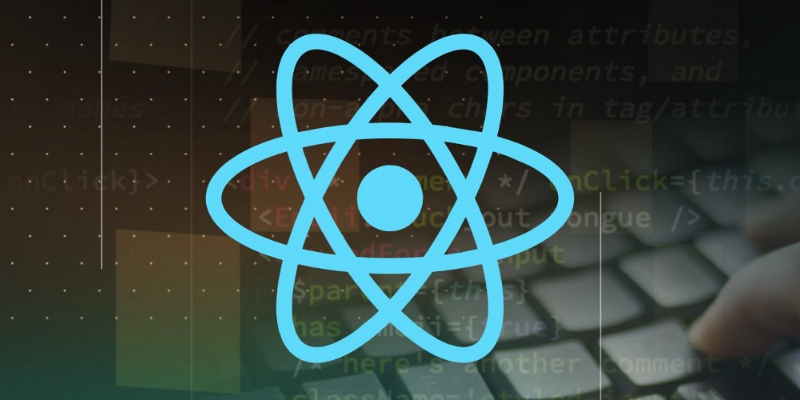The future of React
If you’re a front-end developer, you must already know that changes occur so often that it’s hard sometimes to keep up with them. And that’s probably the toughest part of your job, being connected to all those changes, and telling apart the ‘fad’ frameworks from those that are here to stay.
What is React and what does it do best?
React.js seems to be part of the latter category and not just a come and go kind of framework. It has already lived more than most frameworks, for almost 5 years now since it was released in 2013.
Developed by Facebook, React is an open-source JavaScript framework that works great for building user interfaces. It can be used for creating reusable UI component and handling view layer for web and mobile apps. It uses virtual DOM, the JavaScript object and it can improve apps performance because JS’ DOM is faster than the regular one.
For being able to work with React.JS, you should first have solid knowledge of JavaScript as well as HTML5 that will come in handy when working with JSX, which is very similar.
You’ll be able to work on both the client and the server side, and it will facilitate the maintenance of larger apps through its component and data patterns that improve readability.
So what makes React JS the JavaScript framework that will probably outlast the others?
The future looks good for React, React native and redux. As a web developer working with Angular, easily backbone and React, React quickly creates dynamic UI components in the web within minutes.
It was very wise of Facebook to create a framework just for UI rendering, it is effortless, easy to get accustomed to and very useful. With UI part handled by React, you can concentrate on your application state with Redux.
There is a bright separation in react +redux compared to angular, backbone which are full-blown web frameworks handling both UI and application state management.Though MVC is a perfect architecture pattern which is used in the backbone, Angular, where people find the flow architecture by Facebook which is used by React, Redux, Relay, etc. much more comfortable, concise for client-side development.With React Native, developers can create UI components which can be used on all three primary mobile OS (Android, ios, windows). No need separate development for each OS which was typically developed in Java, Swift, and C#. Also, developers experienced in react can quickly get the hang of React native.
With react and co being useful and easy to use for developers is benefiting companies to get things out fast and be more productive. React is a high technology that revolutionizes how the front end is handled.
Formerly, MVC was a go-to pattern for web development. This was a great idea, however, given the increased worth of client-side rendering, keeping the view coming from the server and updated by the server is anti-progress.
React solves the problem of the view by creating a UI and a data layer on the View. It the can connect with an API-like backend that uses routers and controllers and models to access data and perform backend logic.
React embraces dominant UI paradigms like functional programming mixed with a little bit of OOP via component classes. Its API really is the purest JS approach amongst the ‘popular group’ of JS frameworks and libraries. This is mostly achieved through the in the near future use of JSX that empowers the full ability to encapsulate UI components as JS Objects.
React has a vibrant community. The codebase is always improving, in intelligently extensible ways.
React melds best with many of the other tools out there like server technologies, etc.
Conclusion
All in all, when it comes down to answering the question “What does the future has in store for React?” the actual, most truthful answer we could give is that no one knows. The fact that for now React is doing extraordinarily well might mean that it will continue shortly.
However, further down the line, the fast evolution of technologies points to an unknown future for React as well. Who knows, maybe in three or four years we’ll have something even more amazing.
And that is the beauty of being a tech girl or guy, that you can evolve along these changes and shift to whatever suits you and the tech environment better. In the end, what matters most is the project you work on and what’s the best technology to use for it. As things go, we can’t really forsee the future of any framework.


Comments
Be The First To Post